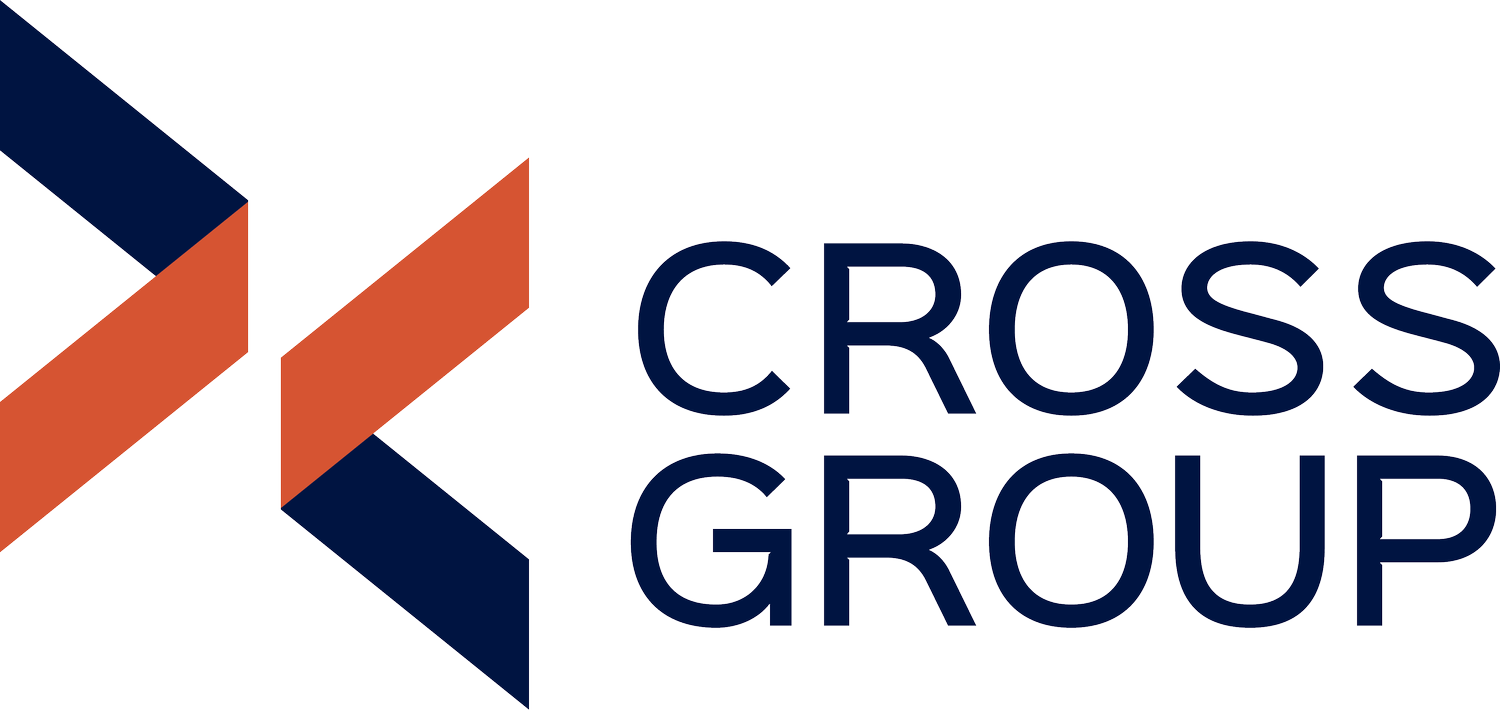How Does Tax Pooling Work and Is It Right for Your Business?
If you’re a profitable business, you’re required to pay tax on that profit known as income tax.
If your end of your tax bill is greater than $5,000, you will be required to pay provisional tax in the following year during the year. This is not a separate tax, but rather, it is income tax paid towards your next end of year tax liability so that you don’t end up with a large bill to pay all at once.
Those of you who are required to pay provisional tax will receive reminders from us typically three times per year asking you to pay a lump sum amount at your upcoming provisional instalment date. The date is an IRD prescribed date and set up to coincide with your financial end of year date (balance date). However, this date may not suit your cash flow or you may have a better use for the funds, e.g. 15 January is one of the payment dates.
In New Zealand, we have a system called tax pooling managed by tax pooling intermediaries, such as Tax Management NZ who work with businesses to assist in multiple ways regarding their tax obligations. This allows you to choose when you pay your income tax, so if an IRD prescribed date doesn’t suit you, you can choose to pay that tax at a later date when it’s more suited to you.
A more flexible way to pay tax
You don’t have to be concerned about IRD penalties and interest. Once your payments are made and transferred to IRD, these are all reversed and your payment is applied on time. You do need to pay the tax pooling intermediary some interest but this is significantly less than IRD.
We have access to tax pooling and we’re able to assist you with your tax pooling needs, the system is designed to work with us, as your accountant.
If you’d like to take up the service, or simply find out more, please get in touch with us today.

